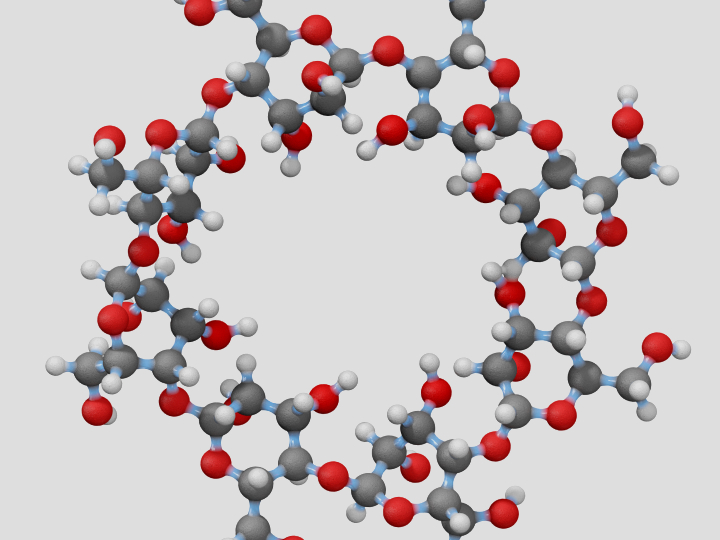Intelligent Carbon Storage

Carbon capture and storage (sequestration), or CCS, is the process by which carbon dioxide (CO2) is captured before entering the atmosphere and stored in underground geological formations for centuries or millennia. Underground carbon storage and monitoring is a challenging process and can be optimized using geophysical techniques such as seismic, electromagnetic, micro-seismic, microgravity, electrical resistivity tomography and/or the integration of two or more of these methodologies. Data-driven methodologies have been recently introduced to the industry and have been of great interest to researchers. In this seminar, researcher Alireza Shahin and senior petroleum engineer Alireza Mollaei explain the individual techniques for carbon monitoring and summarize the advantages and disadvantages of each methodology, as well as the integration of them to complete the CCS process.
The motivation behind Shahin and Mollaei’s research includes use of AI techniques to improve the efficiency and reduce the cost of carbon capture and storage through real-time monitoring of underground CO2 plume. They also wish to improve the economics of CCS applications. The seminar included detailed explanations of techniques including the use of Machine Learning (ML) monitoring to predict CO2 saturation on unseen data with various models, and even featured a short segment on rock physics.
To learn more about AIM-DEEP and the seminar series please visit this link.
Alireza Shahin, Ph.D., is an experienced researcher with a history of working in the petroleum industry. He started his professional career with Oil and Energy Industries Development company (OEID), one of the subsidiaries of Oil Industries Engineering and Construction group, as a geophysicist. He received his Ph.D. from University of Texas at Austin on time-lapse (4D) reservoir monitoring using seismic and electromagnetic data. He executed several R&D and applied projects with BP Houston.
Alireza Mollaei, Ph.D., is a senior petroleum reservoir engineer and experienced researcher with a proven success record of more than 15 years working with different international, national, independent, R&D and consulting oil & gas companies. He started his professional career with RIPI as reservoir engineer, and during his doctoral studies he was a Chevron Fellow.